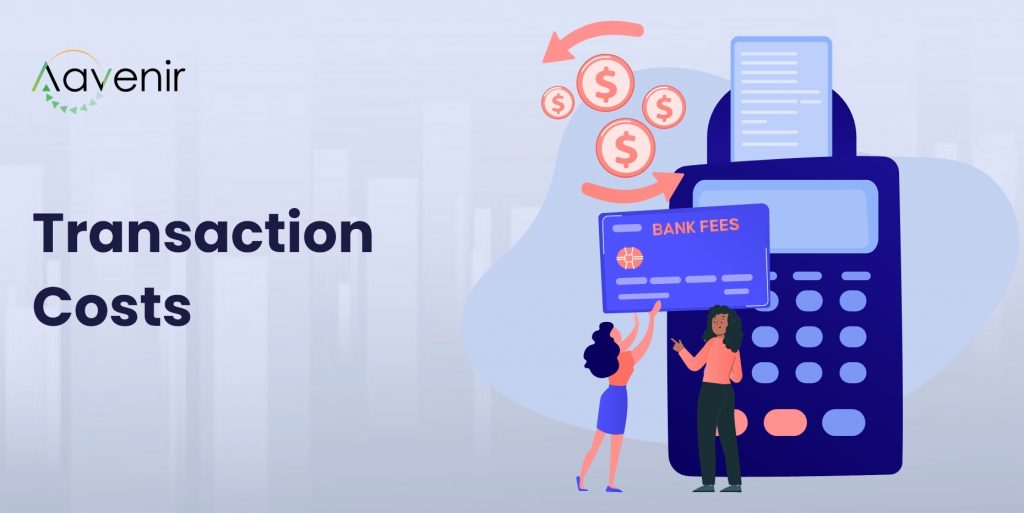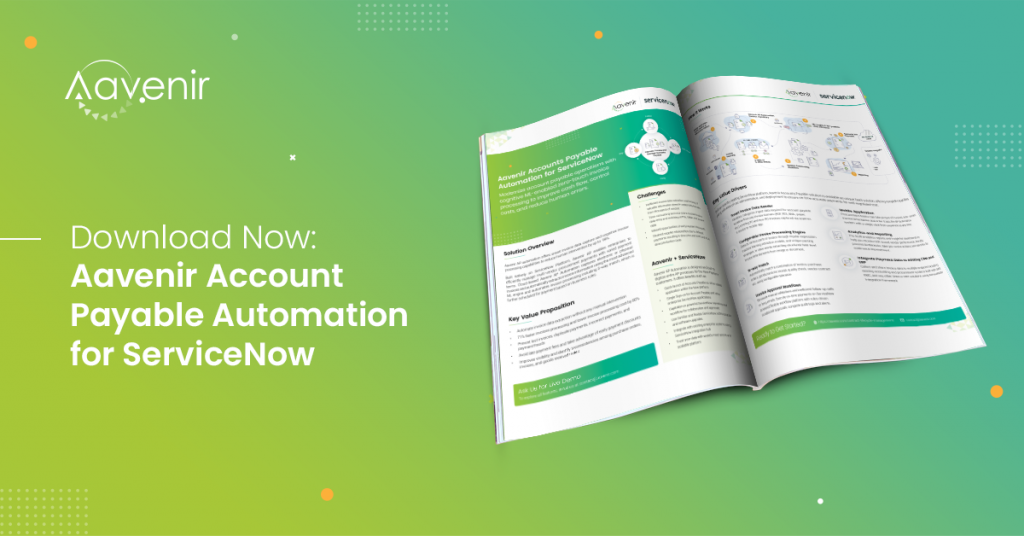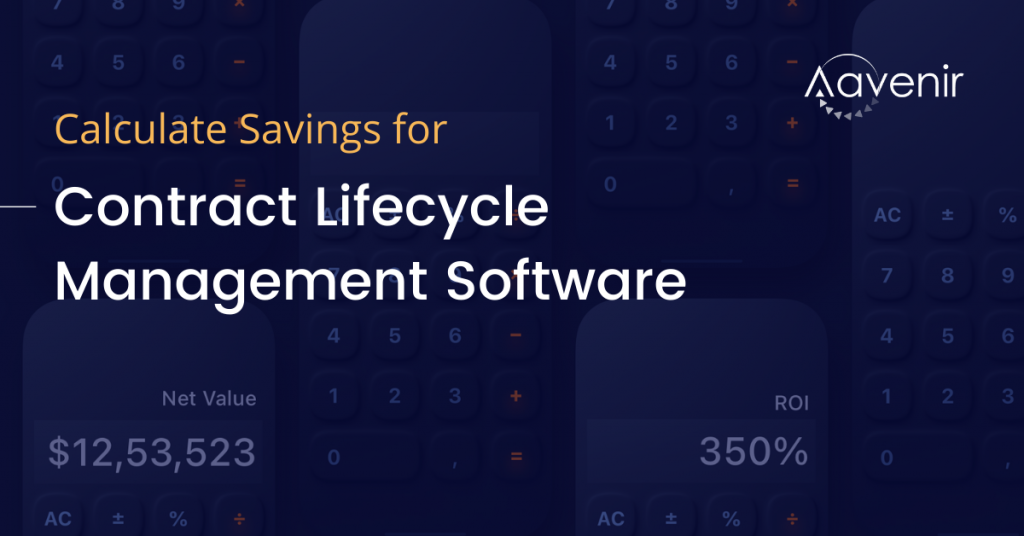What are Transaction Costs? - Definition
A transaction cost is a cost in making any economic exchange. According to Oliver E. Williamson, transaction costs are the costs of running a company's economic system. Unlike production costs, decision-makers determine company strategies by measuring transaction costs and production costs.
Transaction costs are the overall expenses of carrying out a transaction, including planning, deciding, changing plans, resolving disputes, and after-sales service. As a result, one of the most important aspects of corporate operation and management is the transaction cost.

A transaction cost is any expense incurred when conducting an economic transaction. For example, while purchasing a product or foreign currency, there will be some transaction charges (in addition to the currency's price). The transaction cost could be monetary, extra time, or inconvenience.
Understanding Transaction Costs
Buyers and sellers pay transaction costs, the fees banks which the brokers receive for their services. In addition to the agent's compensation, closing charges such as title search fees, government fees, and appraisal fees are incurred when buying or selling real estate. The time and work associated with shipping goods or commodities over great distances is another sort of transaction cost.
Investors care about transaction costs because they are one of the most important determinants of net returns. For example, transaction costs limit returns. Over time, high transaction costs can result in thousands of dollars in losses due to fees and reduced money available to invest. Fees, such as the expense ratios of mutual funds, have the same effect.
Elimination of Transaction Costs
When transaction costs fall, an economy becomes more efficient, allowing more money and labor to be allocated to wealth creation. A major transformation like this isn't without its challenges, as the labor market adjusts to its new surroundings. Communication barriers are one sort of transaction cost. The transaction costs of a contract are too expensive to be overcome when an otherwise perfectly matched supplier and buyer have zero methods of communication. For example, a bank acts as a middleman, connecting savings and investments, and a thriving economy justifies the bank's profit for the transaction costs of gathering data and connecting parties.
However, the Internet and telecommunications influx in the Age of Information has dramatically lowered communication obstacles. Consumers no longer require major institutions and their agents to make informed purchases. Instead, ease of access to information and communication has jeopardized real estate agents, stockbrokers, and automobile sales jobs.
In essence, the prices of various goods and services have decreased as communication barriers between ordinary people have been reduced. Retailers and merchandisers also operate as intermediaries, connecting customers with manufacturers. In recent years, the retail industry has been shaken up, with e-commerce company Amazon.com surpassing traditional businesses such as Kohl's and Macy's in a composite score based on revenues, assets, and market value.
Explore Additional Resources to Know More



